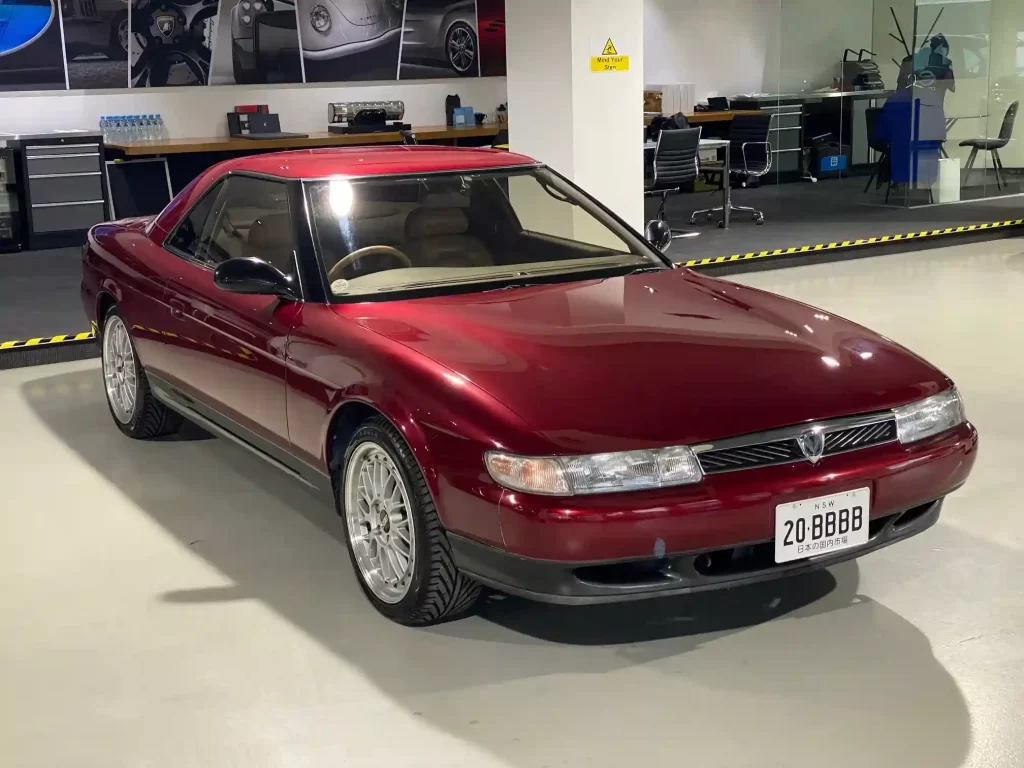Car auctions in Japan have become a global name to reckon with because of their impartiality, and professionalism, and lease the nation’s well-known high-quality vehicles at an inexpensive price. These auctions are one of the key ways through which to import vehicles in different countries since they bring together buyers from various parts of the world. The factors influencing the prices at Japanese car auctions are manifold, and this complexity reflects in particular the interplay of market dynamics, economic conditions, and industry-related aspects. Since more and more people have become interested to import a car from Japan we have come up with some of the top factors that determine the auction price.
Vehicle Condition and Grade
The status of a car brand’s basic determinant in the prices with which it is driven to auctioning has been described by researchers as their conditions. It is subject to rigorous inspections and grading systems that meticulously inspect elements such as exterior and interior condition, mileage, and overall performance of its machines. Such a standardised grading system has not only made the buyers complacent about the quality of any vehicle they are bidding for but also has deeply impacted its perceived value in auctions. The highest grade denotes the best condition of the vehicle and therefore it can be auctioned at a relatively higher price. In the context of the open landscape of Japanese car auctions, such a focus on condition and grading becomes one of the key factors that shape buyer perception and guide bidding dynamics.
Age and Mileage
Age and mileage create a certain level of contribution towards the auction price in Japan. Normally, newer cars with fewer miles or kilometers are sold at higher prices, especially in cases where the market is more confident that they will reliably run for longer and that there will be less wear and tear. However, the situation may deviate as some retro or collectible versions of the cars cannot drive age-related fluctuations down. Often, these vehicles do not depreciate but appreciate or maintain their value constant because they may be rare in number and one day attract the interest of collectors. This complex relationship between age, mileage, and condition inherent in specific models underlines the intricate processes buyers have to go through when buying cars through Japanese car auctions.
Market Demand
Car auction prices in Japan are determined by forces driven by market demand. The dynamics of these auctions are strongly influenced by the basic principle of supply and demand. It should be noted that the popular models or those with high demand at present time are often sold at higher prices, reflecting consumer’s tastes and more up-to-date trends. Conversely, if there is considerably a low demand for specific types of vehicles, then the bidding will be rather small which would create opportunities for these individuals to ensure that they purchase their desired vehicles at much convenient prices. Indeed, due to the always-changing market trends as well as consumers’ preferences, one must be very dynamic while dealing with Japanese car auctions and a buyer should know what is it he or she wants since there are pricing fluctuations.
Seasonal Trends
One of the most important determinants of car auction prices in Japan is the dynamics that relate to each season as it comes and goes. For example, there is usually more demand for convertibles during summer months – prices of these vehicles go up as most buyers are in search of driving with an open roof. On the other hand, in winter demand for 4-wheel-drive vehicles increases since they have better capability of handling adverse weather conditions and so their price rises, which is referred to as premium. These fluctuations are generally based on natural variations and other factors useful for buyers to have an astute understanding of, as they will empower them to strategically navigate through auctions written by their competition, in such a manner that the possible fluctuations or prices are capitalised. Thus, covering their preferences with the market trends that are induced by seasonal changes, buyers can do well-aimed analyses and operate in Japan’s car betascape.
Economic Conditions
Yes of course, particularly here in Australia, where the government is screwing everyone over with interest rate hikes, inflation, taxes and more to fund their own agendas and look after their own. Imagine paying more taxes and increased interest rates to organisations such as Blackrock and Vangaurd who are the biggest investors (owners) of our banks can reap the money and laugh at us peasants while they play both sides of wars and support the mass murder of children and civilians through their wars and pharamas, funded by us! Anyway, this is getting way out of hand, but yes these are factors that determine economic conditions! Now without going to deep, one of the significant determinants of the prices realised during a car auction is prevailing economic conditions within Japan and globally. In periods of economic recessions, consumers tend to spend less which results in the devaluation of prices of vehicles because there are no adequate demands for them. When the economy is prospering, consumer confidence is high and, when this occurs, demand builds up leading prices to go down at auction, whereas in periods of economic prosperity demand increases hence pushing prices up at auction. In addition, exchange rates, inflation, and interest rates also influence the economic environment affecting the affordability and attractiveness of imported vehicles. The above discussion of the interplay between the prices observed at a car auction, and several economic factors highlight how dynamic an issue the prices rise; being dependent on changes in these various factors; auctions are very sensitive to contemporaneous currents, reflecting trends operating throughout various sectors of the broad economic landscape.
Import Regulations and Auction House Reputation
When it comes to pricing, there are some regulations regarding car imports in Japan and also the importing country that these factors will affect. Lastly, there may be changes in emission standards, safety regulations, or even import taxes hence lowering the demand for certain types of cars. Buyers regularly consider these regulations because the expenses of meeting them can have a significant effect on the total costs associated with importing a vehicle.
The reputation of the auction house can have an impact on how people come to bid and get involved in raising what is initially a base price. Well-established and respected auction houses are likely to draw a greater number of serious buyers who will compete against one another during an auction. Many buyers are looking at the aspect of reliability and transparency in the system of the auction, which will necessarily affect their confidence concerning how accurate a given description about a specific vehicle condition can be or could be defined.
Vehicle History and Documentation
The vehicle history report which includes details such as service records and accidents is very important to the auction price of a car. Intelligent buyers always pay more when the vehicle comes with complete car documentation, as this opens up significant information to them about its past maintenance records and other aspects that spell doom in terms of mechanical problems and consider it reliable. One of the most important elements that trust is based on in a buyer-seller relationship is accurate and transparent documentation. Vehicles with histories that are well documented are usually considered to be more reliable and they command higher bids during auctions thus showing that buyers value such vehicles for their reputation of having been associated with transportation service delivery. This focus on transparency improves the integrity of the auctioning process in general.
Cultural and Regional Preferences
At Japanese auctions, cultural and regional preferences have a significant effect on the prices of cars. Different regions may demonstrate different brand and model preferences, causing discrepancies in demand and consequent prices. Those buyers who understand these cultural subtleties can make educated cultural decisions, purchasing culturally fit products. This not only helps in customising inventory to reflect the local tastes but also enables making strategic choices about potential resale value. Buyers looking to succeed in the dynamic world of Japanese Car Auctions must understand and deal with these cultural groupings, family power structures that have persisted over time as well as other regionalistic tendencies that are part of this diverse landscape.
Seller Motivation
The motivation of a seller whether it is an individual or a dealership may be considered as one of the fundamental issues affecting auction prices. For instance, urgent sales or the necessity to achieve a quick inventory write-off often results in lower reserve prices which appear as good opportunities for buyers. In such cases, the motivation of the seller becomes a crucial factor in driving the dynamics of an auction which in turn affects its pricing strategy and avail astute vehicle buyers with an opportunity to secure vehicles at more beneficial rates and conditions. This becomes an urgent and subsequent chance to save their costs on buyers conscious of the drivers leading sellers in the Japanese car auction marketplace
The car prices in Japan auctions are not dictated by a linear relationship but rather a combination of several conditions weighing different aspects that range from attributes associated with the vehicle, market momentum toward economic environments, and industrial inclinations. These are the complications these auction buyers encounter and they must be able to find their way through such a complex landscape, well informed of the changes in prices, and appreciate the subtleties that lead to price fluctuations. Buyers could therefore consider these factors to make strategic decisions that would maximise the value they derive from Japanese car auctions.



